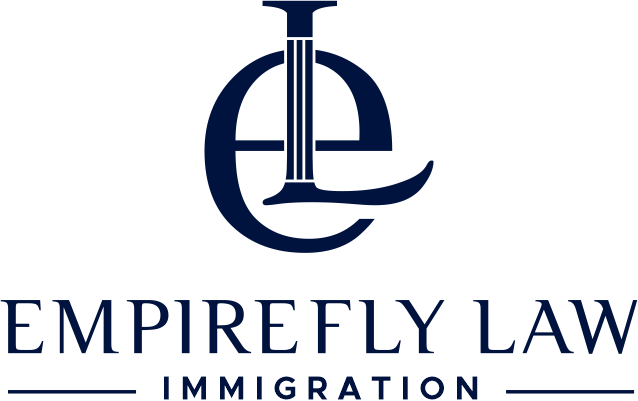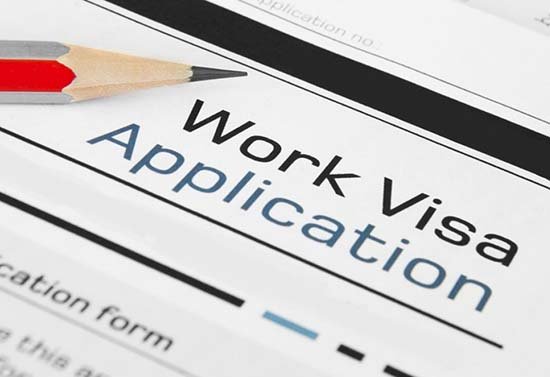Introduction
As an African lawyer aspiring to establish a career and life in Canada, understanding the pathways to permanent residency (PR) is crucial. Canada offers several immigration programs tailored for skilled professionals, including legal practitioners. This guide outlines the most effective routes to achieve PR status as a lawyer from Africa.
1. Express Entry System
The Express Entry system is a popular pathway for skilled workers to gain permanent residency in Canada. Lawyers can qualify under the following categories:
a. Federal Skilled Worker Program (FSWP)
– Eligibility Criteria: To be eligible, applicants must have skilled work experience, meet language proficiency standards, and possess a valid educational credential assessment (ECA). A bachelor’s degree in law or its equivalent is typically required.
– Comprehensive Ranking System (CRS): Points are awarded based on e age, education, work experience, and language ability. Higher scores increase the chances of receiving an Invitation to Apply (ITA) for PR.
b. Canadian Experience Class (CEC)
– Eligibility Criteria: For lawyers who have already gained skilled work experience in Canada under a temporary work permit, such as a post-graduation work permit. Applicants must have at least one year of full-time Canadian work experience in a legal or related profession.
2. Provincial Nominee Programs (PNP)
Each Canadian province and territory has its own PNP, which allows them to nominate individuals for permanent residency based on local labour market needs. Some PNPs offer streams specifically for skilled workers, including legal professionals:
a. Ontario Immigrant Nominee Program (OINP)
– Human Capital Priorities Stream: Lawyers with experience in occupations in demand in Ontario may qualify under this stream. It requires an active Express Entry profile and meeting specific work experience and language proficiency criteria.
b. British Columbia Provincial Nominee Program (BC PNP)
– Skills Immigration Stream: This stream is for legal professionals with a job offer from a B.C. employer. It may also require meeting certain education and work experience standards.
c. Quebec Immigration Programs
– Quebec Skilled Worker Program (QSWP): Lawyers planning to settle in Quebec must apply through the QSWP, which has its own selection criteria, including factors like education, work experience, language skills, and adaptability.
3. Atlantic Immigration Pilot Program (AIPP)
The AIPP is a partnership between the federal government and the Atlantic provinces. It is designed to attract skilled workers to Newfoundland and Labrador, Prince Edward Island, Nova Scotia, and New Brunswick:
– Eligibility Criteria: Requires a job offer from an employer in one of the Atlantic provinces. Legal professionals with relevant experience and credentials can apply under this program.
4. Global Talent Stream
For lawyers with specialized skills in high-demand areas such as international law, intellectual property law, or technology law:
– Eligibility Criteria: Requires a job offer from a Canadian employer and is often used for positions that require specific expertise.
5. Study in Canada
Pursuing advanced legal education in Canada can be a strategic pathway to PR:
– F-1 Visa (Student Visa): Allows you to study in Canada and gain Canadian educational credentials, such as an LL.M. or J.D. This can improve your CRS score under the Express Entry system.
– Post-Graduation Work Permit (PGWP): After completing your studies, a PGWP allows you to gain valuable Canadian work experience, which can be crucial for applications under the Canadian Experience Class (CEC).
6. Self-Employed Persons Program
This program is suitable for lawyers with significant self-employment experience in legal practice, particularly those who have made a substantial cultural or economic contribution to their home country or internationally.
– Eligibility Criteria: Applicants must demonstrate their ability to be self-employed in Canada and contribute to the country’s economy or culture.
7. Family Sponsorship
Lawyers with close family members who are Canadian citizens or permanent residents may qualify for family sponsorship:
– Eligible Sponsors: Includes spouses, common-law partners, parents, and children. The sponsor must meet specific financial requirements and agree to support the applicant.
Conclusion
Securing permanent residency in Canada as an African lawyer involves understanding the various immigration pathways and meeting the specific requirements. Multiple routes are available, whether through the Express Entry system, provincial programs, or studying in Canada. At Empirefly Immigration law firm, we specialize in helping skilled professionals navigate the Canadian immigration system. Please contact us today for personalized guidance and support on your journey to becoming a permanent resident in Canada.




